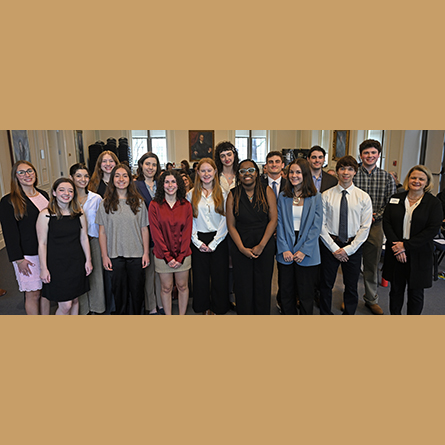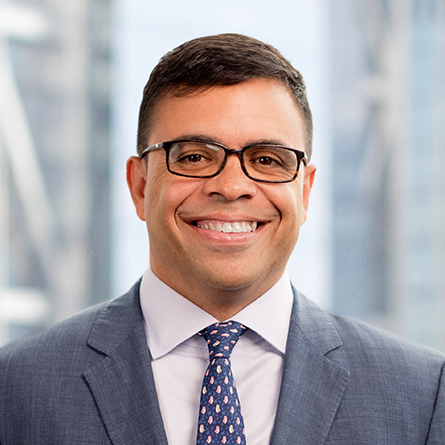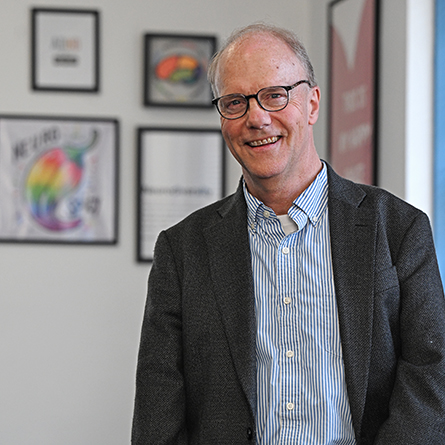
Debo Adegbile ’91 and Chicago mayor discuss racial justice and policing reform
The civil rights attorney has joined forces with America's mayors to create a blueprint for change.
This is a unique moment in American history when effective, lasting police reform can truly take hold.
That sense of urgency is reflected in the report issued by the United States Conference of Mayors, a non-partisan group of sitting mayors from 1,400 cities across the nation.
Civil rights attorney Debo Adegbile ’91, who co-chairs the anti-discrimination practice at the international law firm WilmerHale, where he is a partner, was instrumental in advising the Conference’s recent Working Group on Racial Justice and Police Reform, and discussed the report with one of the group’s prominent leaders, Chicago Mayor Lori Lightfoot, on WilmerHale’s new podcast.
The podcast, In the Public Interest, digs into the legal and public policy challenges relating to the biggest issues of the day, from climate change to the impact of Covid to criminal justice reform.
Adegbile and Lightfoot were the featured guests for the inaugural episode, and spoke about some specific reforms that could reset the relationship between police forces and their respective communities, including finding ways to translate federal policies to the local level and fundamentally re-thinking what the job description of police officers should be.
Appointed by President Barack Obama to serve on the U.S. Commission on Civil Rights, Adegbile is also former Acting President of the NAACP Legal Defense and Educational Fund and defended the Voting Rights Act before the U.S. Supreme Court. He and his firm helped the Conference craft a detailed blueprint for police reform going forward.
“I’m often struck that when people focus on police reform and particularly when minority communities and black and LatinX communities are calling for fair and equitable policing and a meaningful reset of the police-community relationship, some read those calls to mean that these communities have a different objective regarding their public safety,” Adegbile said during the podcast discussion, adding that it’s important to recognize that these different communities vary in important ways.
Lightfoot agreed, pointing out that one of the major challenges in creating tailored reform measures is that there is tremendous nuance in these issues and communities and the loudest voices and most prominent demands and slogans aren’t always necessarily representative of a certain group.
Lightfoot said that Debo’s work, and the work of his partners at WilmerHale, “was essential in helping us to get organized, to formulate our policies, and was really invaluable in terms of giving us the best practices from across the country on a range of different issues that the working group was grappling with.”

